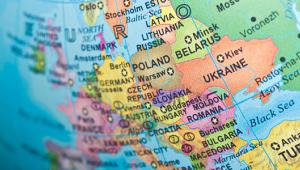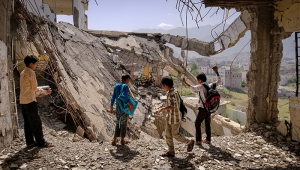Aid will be a crucial part of the authority’s recovery as it seeks to regrow the economy after a projected contraction of between 7.6% and 11%, according to country director for the West Bank and Gaza Kanthan Shankar.
The PA, like other governments, faces a huge drop-off in its revenues this year, alongside increased demand for expenditure on health, social assistance and private sector support.
In 2019 the PA’s deficit after aid was around $800m – 4.6% of GDP – which was financed largely by accumulating expenditure arrears, rather than by issuing bonds.
This has made the fiscal position poorly placed to deal with the additional challenges of Covid-19, the World Bank claimed in its economic monitoring report into the authority.
The report estimated that the PA could face a deficit of more than $1.5bn in 2020 – even with “a significant reallocation of expenditures”.
“The Palestinian Authority has acted early and decisively to save lives,” said Shankar.
“However, several years of declining donor support and the limited economic instruments available have turned the ability of the government to protect livelihoods into a monumental task.”
Shankar said external support will be “critical” to help grow the economy during and after the crisis, and the report called on the international community to “do what it can to help the Palestinian economy survive”.
The PA is recognised to have made good progress on cutting its deficit in recent years, from 19% of GDP in 2008 to 8% in 2019, but aid has also been declining, from 27% of GDP in 2008 to under 4% in 2019.
Shankar said donors should look to support the digital economy, which he believes would thrive with the right investment because of the “tech-savvy young population”.
But the report said that existing limits to the regions’ digital potential, such as Gaza only having access to 2G and the West Bank 3G networks while countries around the world are introducing 5G, needed to be negotiated with Israel.














